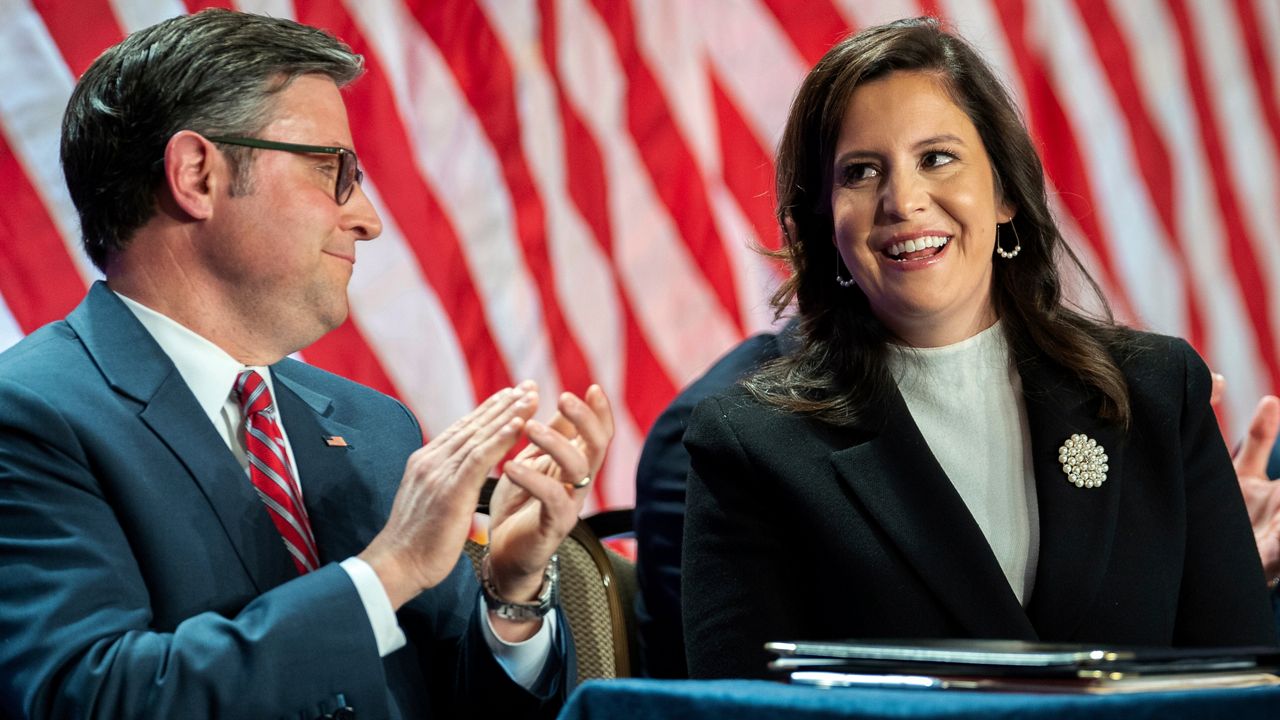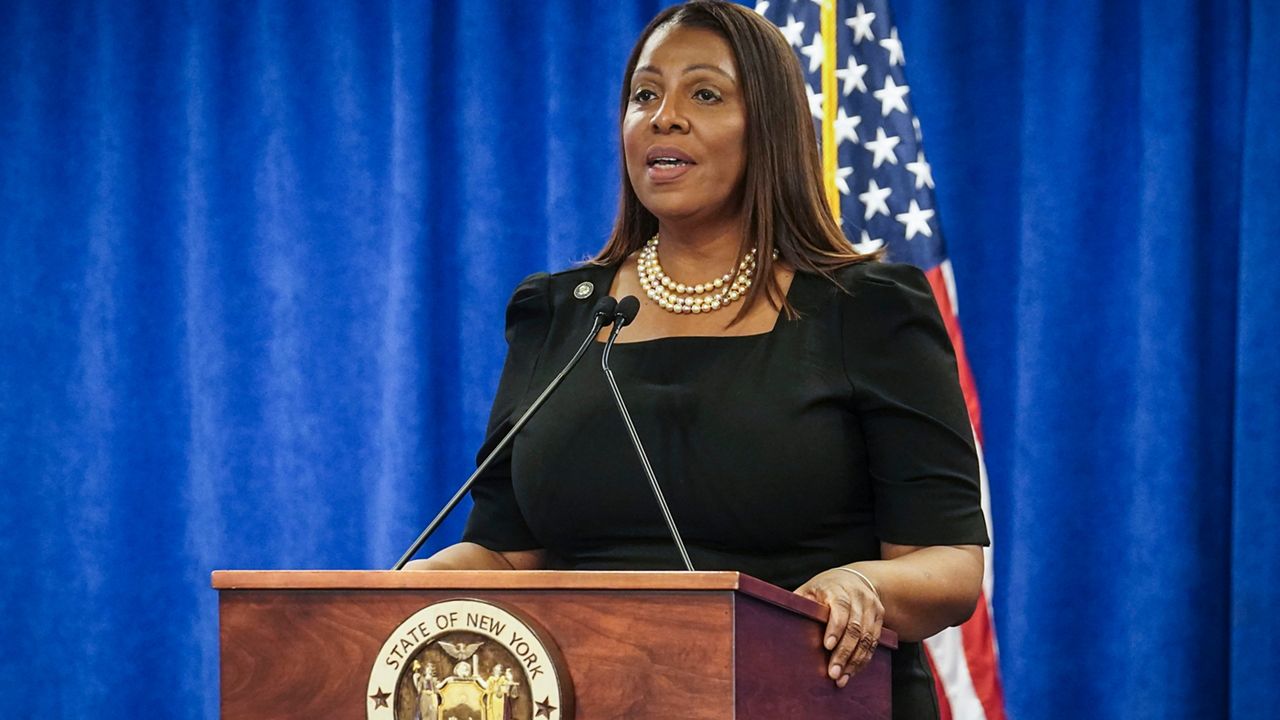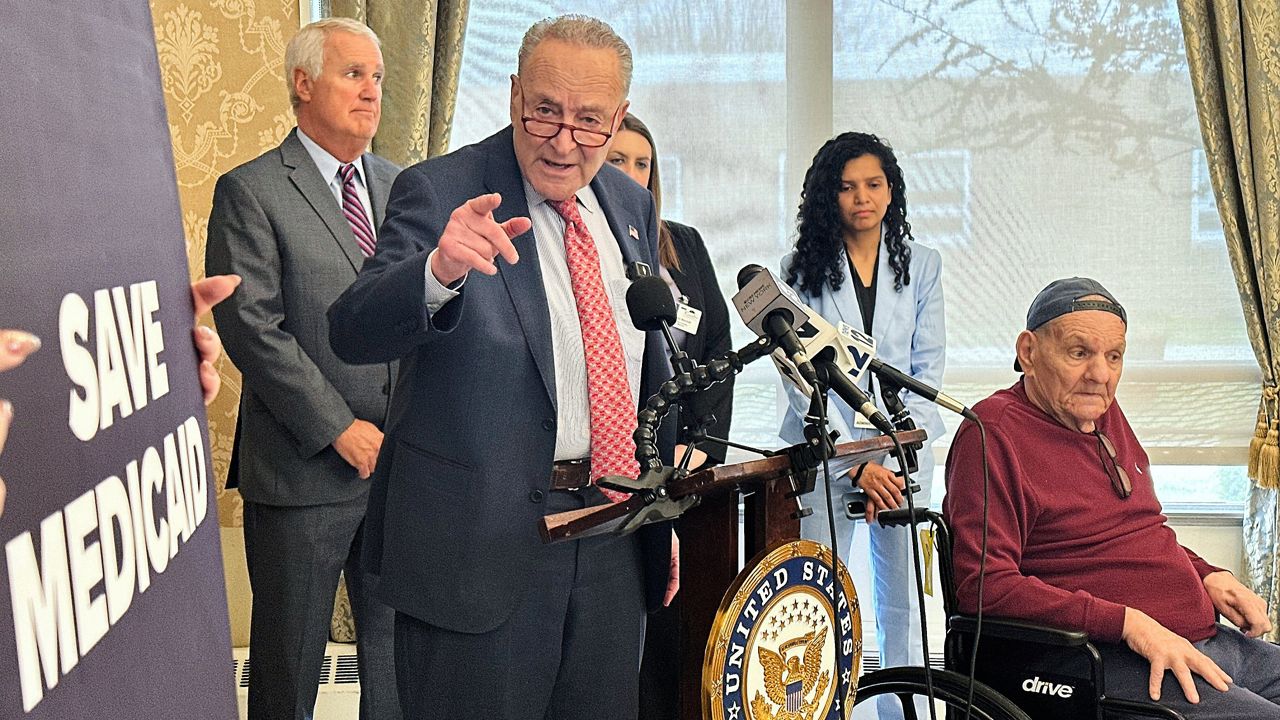Candidate for lieutenant governor Ana María Archila believes there are universal issues facing New Yorkers ranging from the cost of child care to housing that she expects will be dominant issues this election year.
Archila is running for the Democratic nomination for lieutenant governor alongside gubernatorial candidate New York City Public Advocate Jumaane Williams in an informal ticket with progressive backing.
An activist and founder of the immigrant rights organization Make the Road New York, Archila is backing measures like a bill that makes it harder for landlords to increase rent and evict tenants.
"I think upstate voters are facing the same struggles downstate voters are facing," she said in a Capital Tonight interview. "Housing is very, very hard to pay for. If you're a renter, you're constantly facing the danger of eviction, so we need good cause protections. Child care is an issue that cuts across economic lines."
Archila is competing for the nomination against incumbent Brian Benjamin and former New York City Council member Diana Reyna, who is the preferred candidate of Rep. Tom Suozzi. She plans to introduce herself to voters across the state, citing these themes of affordability.
"I want to travel across the state to hear from people in Rochester and Buffalo," she said. "Those are the stories I'd bring to the executive branch."
But she's also sympathetic to the issues facing both farm workers and farmers themselves. A wage board earlier this year endorsed the lowering of the overtime threshold for farm workers over the next decade. Farmers have decried the move, arguing it could have devastating effects on their ability to stay in business.
Archila indicated she was not opposed to measures offsetting those costs, such as tax credits. But she added farm workers themselves have been left out of many labor protections over the decades.
"I think it's essential that we think about any policy from the experience of people who have suffered the most," she said. "I also know farms are struggling — that we need to figure out a way to enable farms to continue to exist and not just be monopolized by large corporations."
Tax credits could be one of the answers.










